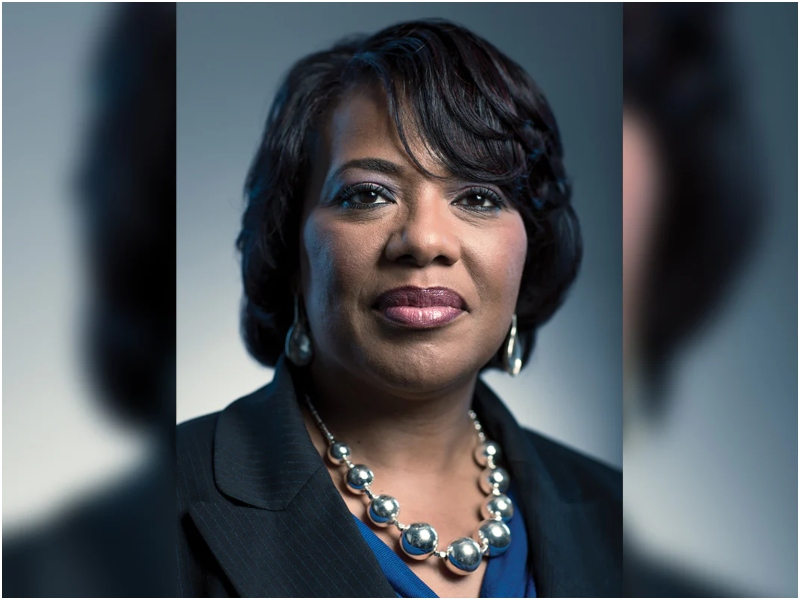Bernice A. King, renowned civil rights advocate and daughter of Martin Luther King Jr., has been appointed as the honorary chair of a groundbreaking initiative within the New England Legal Foundation.
Named the Equalizer Institute, this innovative segment aims to bridge the gap between minority entrepreneurs and legal resources, effectively launching a new paradigm in business law services.
Using AI-driven matchmaking similar to dating apps, the institute seeks to connect minority-owned businesses with pro-bono legal experts, democratizing access to corporate legal services.
In a statement to the Boston Business Journal, King emphasized the institute’s potential impact on economic and racial equality, stating:
“Lowering barriers for entrepreneurs is crucial for reducing economic disparities. The Equalizer Institute can drive social change by empowering economic growth through essential pro-bono legal services.”
Scheduled for a soft launch by the end of 2024 and full operation in 2025, the Equalizer Institute aims to serve entrepreneurs traditionally underserved by conventional legal aid organizations.
It plans to leverage AI technology for task-based legal assignments, effectively creating a virtual law clinic accessible to minority business owners.
Daniel Winslow, President of the New England Legal Foundation, described the institute as a “free corporate legal services dating site,” matching entrepreneurs with legal experts based on specific business needs.
He highlighted the cost-effectiveness of the initiative, estimating a significantly lower operational cost compared to standard legal services.
The institute’s vision includes providing in-house counsel through Equalizer Institute lawyers, ensuring continuous support for entrepreneurs facing legal challenges.
Partnering with law schools and leveraging donations from organizations like The Cummings Foundation and M&T Bank, the institute aims to expand nationally, starting with partnerships at Suffolk Law.
Winslow expressed optimism about the institute’s potential impact, noting, “This initiative represents a unique approach to pro-bono legal services. We aim to empower entrepreneurs with limited resources to navigate legal complexities and grow their businesses effectively.”
Bernice A. King’s endorsement of the Equalizer Institute underscores its significance, leveraging her national prominence through The King Center to advance economic empowerment and social justice initiatives.
This initiative marks a pivotal step towards fostering equitable economic opportunities for minority entrepreneurs across the United States.

